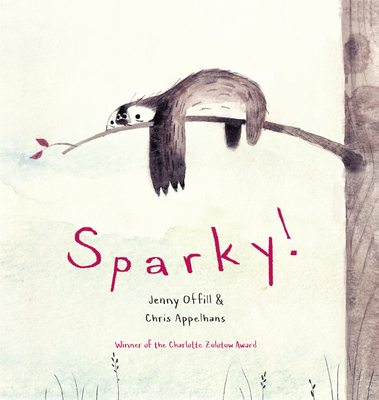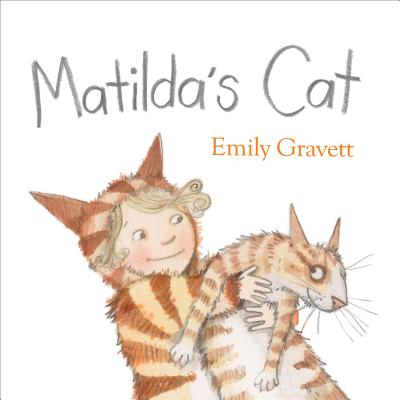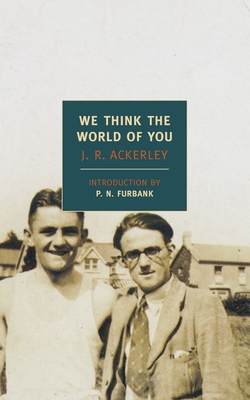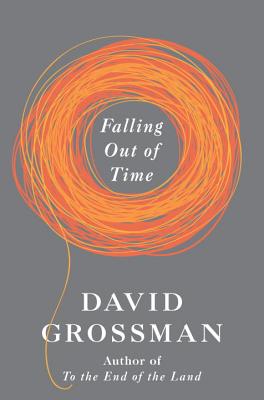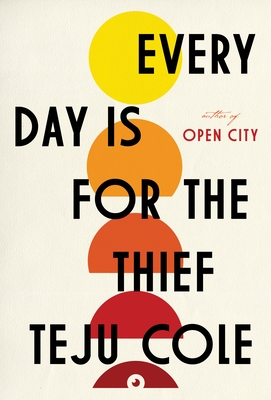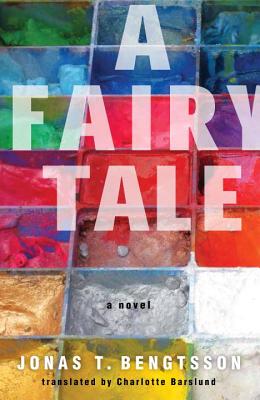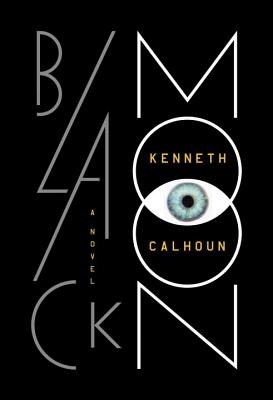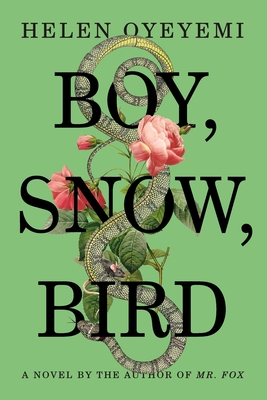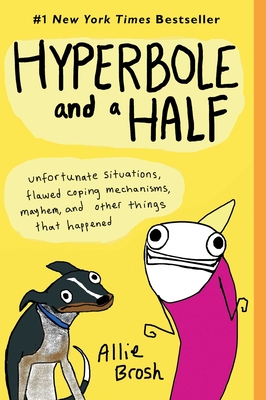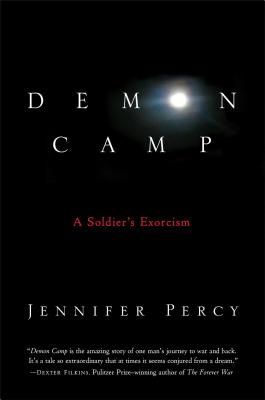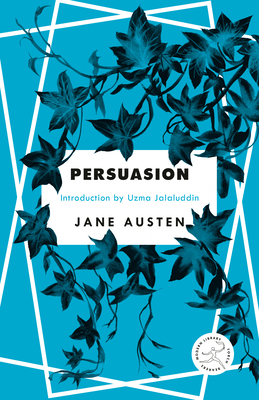It's International Women's Day! Yay! What better day than this to pick up some exciting new reading material by a fabulous woman author. Maybe something new, or an author you've always wanted to read. Today's the day. AND 2014 is the year. In fact, author and illustrator Joanna Walsh has declared 2014 the year of reading women with her twitter campaign,
#readwomen2014. Read more about it
here.
Now, I've known a lot of booksellers and readers, and a lot of these booksellers and readers are men. And a fair number of these men seem to have self-restricted their intake of female authors. The number of male readers of my acquaintance for instance, who haven't read any Jane Austen is a little startling...and frankly embarrassing. She's one of the English language's greatest novelists. I find it pretty ridiculous to call yourself a lover of literature if you won't read Jane Austen, or at least give her a shot. It's a different story if you've tried her and didn't like her...but to flat out refuse?!?
Ok, soapbox rant over. Well, mostly.
Here's a piece from NPR on
the VIDA count which tracks leading literary publications and counts the number of women authors being reviewed, as well as the gender of those doing the reviewing. It's pretty eye-opening stuff.
Anyways, it's International Women's Day! Read a woman! Here are some ideas:
Boy, Snow, Bird by Helen Oyeyemi
In the winter of 1953, Boy Novak arrives by chance in a small town in Massachusetts, looking, she believes, for beauty—the opposite of the life she’s left behind in New York. She marries a local widower and becomes stepmother to his winsome daughter, Snow Whitman.
A wicked stepmother is a creature Boy never imagined she’d become, but elements of the familiar tale of aesthetic obsession begin to play themselves out when the birth of Boy’s daughter, Bird, who is dark-skinned, exposes the Whitmans as light-skinned African Americans passing for white. Among them, Boy, Snow, and Bird confront the tyranny of the mirror to ask how much power surfaces really hold.
Dazzlingly inventive and powerfully moving, Boy, Snow, Bird is an astonishing and enchanting novel. With breathtaking feats of imagination, Helen Oyeyemi confirms her place as one of the most original and dynamic literary voices of our time.
Hyperbole and a Half: Unfortunate Situations, Flawed Coping Mechanisms, Mayhem, and Other Things That Happened by Allie Brosh
Brosh has been an Internet sensation for years with literally thousands of fans following her scribbled illustrations on her blog. She has won over readers and stalkers alike with her honest and stark humor and her fun stories and rants. This book takes readers into not just the fun and fuzzy world of candied cakes and dumb dogs, but also into the brutally honest self-evaluation and exploration of its unique author. Always balancing the serious with the silly, the dark with the ridiculous, Brosh says the things we wish we could, admits the things we're ashamed of, and explores what we're afraid of, always with color and humor and, ultimately, with hope. And don't forget the scribbles! - Indie Next List, Jocelyn Shratter, Bookshop Santa Cruz, Santa Cruz, CA
Demon Camp: A Soldier's Exorcism by Jennifer Percy
In 2005 a Chinook helicopter carrying sixteen Special Ops soldiers crashed during a rescue mission in a remote part of Afghanistan, killing everyone on board.
In that instant, machine gunner Caleb Daniels loses his best friend, Kip Jacoby, and seven members of his unit.
Back in the US, Caleb begins to see them everywhere—dead Kip, with his Alice in Wonderland tattoos, and the rest of them, their burned bodies watching him. But there is something else haunting Caleb, too—a presence he calls the Black Thing, or the Destroyer, a paralyzing horror that Caleb comes to believe is a demon.
There is an epidemic of suicide among veteran of Iraq and Afghanistan, men and women with Post Traumatic Stress Disorder who cannot cope with ordinary life in the aftermath of explosions and carnage. Jennifer Percy finds herself drawn to their stories, wanting to comprehend their experiences and pain.
Her research leads her to Caleb, who invites Percy to Portal, where he has been bringing damaged veterans to a Christian camp that promises deliverance from demons.
As Percy spends time with these soldiers, exorcists and their followers—finding their beliefs both repellant and magnetic—she enters a world of fanaticism that is alternately terrifying and welcoming.
With a jagged lyricism reminiscent of novelists Daniel Woodrell and Denis Johnson,
Demon Camp is the riveting true story of a veteran with PTSD seeking solace in people who profess to be exorcists, a writer who falls under his spell, and the larger story of the battles soldiers face after the war is over.
A mesmerizing blend of history, psychology, and reportage, Percy paints an unexpected and unforgettable portrait of the long lasting effects of war on our individual and national psyche and how people reconcile faith and trauma.
AND for good measure, my personal favorite Jane Austen
Persuasion by Jane Austen
Called a 'perfect novel' by Harold Bloom, Persuasion was written while Jane Austen was in failing health. She died soon after its completion, and it was published in an edition with Northanger Abbey in 1818.
In the novel, Anne Elliot, the heroine Austen called 'almost too good for me,' has let herself be persuaded not to marry Frederick Wentworth, a fine and attractive man without means. Eight years later, Captain Wentworth returns from the Napoleonic Wars with a triumphant naval career behind him, a substantial fortune to his name, and an eagerness to wed. Austen explores the complexities of human relationships as they change over time. 'She is a prose Shakespeare,' Thomas Macaulay wrote of Austen in 1842. 'She has given us a multitude of characters, all, in a certain sense, commonplace. Yet they are all as perfectly discriminated from each other as if they were the most eccentric of human beings.'
Persuasion is the last work of one of the greatest of novelists, the end of a quiet career pursued in anonymity in rural England that produced novels which continue to give pleasure to millions of readers throughout the world.

